The 8 Major Players in Primary Storage Arrays, 2020
- The Tech Platform

- Dec 29, 2020
- 4 min read
These providers have recently been named the market’s major players in primary storage arrays for 2020 by analyst house Gartner, Inc.
Analyst house Gartner, Inc. recently released the 2020 version of its Magic Quadrant for Primary Storage Arrays. According to Gartner, a primary storage array’s primary purpose is “to support a response time and input/output per second (IOPS)-sensitive structured data workloads. Typical use cases include mission-critical workloads such as IBM Db2, Microsoft SQL, Microsoft Exchange and SharePoint, Oracle Databases and applications, SAP HANA, and in-house developed transactional applications. Other use cases include application consolidation, support for virtual environments, and providing persistent storage for container environments.”
The following providers have recently been named top-performing leaders in the 2020 Gartner Magic Quadrant for Primary Storage Arrays. This report, which highlights and scores the top products in the industry, features these eight vendors as being cornerstones in the space. Each provider’s market share and portfolios differ, which is what makes them interesting to the wider audience of data consumers. Niche and emerging vendors can only hope to replicate the kind of market presence that these companies have earned over a sustained period of time.
Here we provide a brief blurb about each and links to product details so you can learn more.
Dell Technologies enables digital transformation through hybrid cloud and big data solutions built on a data center infrastructure that brings together converged infrastructure, servers, storage, and cybersecurity technologies. The provider’s featured solution, Dell EMC Unity XT, offers multi-cloud enablement and an NVMe-ready design. Users are enabled to support virtualized applications, deploy unified storage, and address Remote-Office-Branch-Office requirements. The platform’s Unisphere management GUI also allows users to easily configure and manage storage. The vendor also offers file and object storage solutions. Dell EMC also recently released its PowerScale solution for unstructured data.
Hitachi Vantara Hitachi Vantara assists enterprises with storing, enriching, activating, and monetizing their data. The provider offers four solutions under the umbrella of object storage, namely, Hitachi Content Platform (HCP), HCP Anywhere, Hitachi Data Ingestor (HDI), and Hitachi Content Intelligence. Each provides object storage; file synchronization, sharing, and end-user data protection; a cloud file gateway; and search and analytic insights, respectively. The vendor is a wholly-owned subsidiary of Hitachi, Ltd., and also offers backup and disaster recovery solutions.
HPE SimpliVity provides hyperconverged storage by converging the entire IT stack in each node, consolidation up to ten devices and apps in a building block for virtualized workloads. Prior to HPE’s acquisition of the company, SimpliVity delivered hyperconverged infrastructure on a range of industry-standard x86 platforms. Now, HPE SimpliVity provides its software-defined solutions that are built and supported by HPE. The vendor offers two platforms, HPE SimpliVity 380 and HPE SimpliVity 2600, which can both be integrated with the intelligent networking fabric, HPE Composable Fabric.
Huawei Technologies is a telecom solutions provider that offers infrastructure application software and devices with wireline, wireless, and IP technologies. The vendor has three divisions in the United States: enterprise (IP networking and router, wireless, storage, and data center security), carrier, and consumer devices (smartphones and tablets). In regards to storage, Huawei offers all-flash storage, hybrid flash storage, cloud storage, Hyperconverged Infrastructure (HCI), and data management. Its HCI platform, FusionCube for Cloud enables resource-on-demand provisioning and linear expansion.
IBM offers a wide range of technology and consulting services, including predictive analytics and software development. The provider offers a range of storage options, including flash storage, Software-Defined Storage (SDS), data protection software, hybrid storage arrays, Storage Area Networks (SAN), and tape storage. Through these products, IBM’s solutions support hybrid cloud storage, converged infrastructure, and virtual infrastructure. Additionally, the platforms allow for storage for blockchain, artificial intelligence, private cloud, and SAP.
Infinidat helps customers empower data-driven competitive advantage at a multi-petabyte scale with over 6 Exabytes shipped worldwide to date. Infinidat’s software-focused architecture, an evolution and revolution in data management design over 30 years in the making, solves the conflicting requirements of bigger, faster, less expensive storage. Infinidat technology simultaneously delivers sub-millisecond latency, seven nines of reliability, 100% availability and hyper-scale capacity. The provider recently made three major operating system updates to its platform, including the introduction of active-active replication, concurrent three-site replication, a new CSI drive, and security enhancements.
NetApp is a storage, cloud computing, information technology, and data management solution provider. In addition to predominantly offering on-prem storage infrastructure, the provider also specializes in hybrid cloud data services that facilitate the management of applications and data across cloud and on-prem environments, in order to accelerate digital transformation. The vendor’s solution, StorageGRID, is an object storage platform whose primary access method is the Amazon S3 API. The tool offers hybrid cloud workflow, and adheres to SEC and FINRA regulations.
Pure Storage is an all-flash enterprise storage provider that enables broad deployment of flash in data centers. Its technologies enable Software as a Service (SaaS) organizations, cloud service providers, and enterprise and public sector users to deliver secure data to power their DevOps and modern analytics environments in a multi-cloud environment. The vendor’s platforms accelerate random I/O-intensive applications such as server virtualization, desktop virtualization (VDI), database (OLTP, rich analytics/OLAP, SQL, and NoSQL), and cloud computing. Pure Storage also enables users to adopt next-generation technologies, including artificial intelligence and machine learning, to maximize the value of their data.
Source: Paper.li



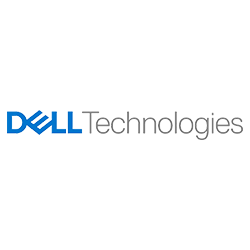






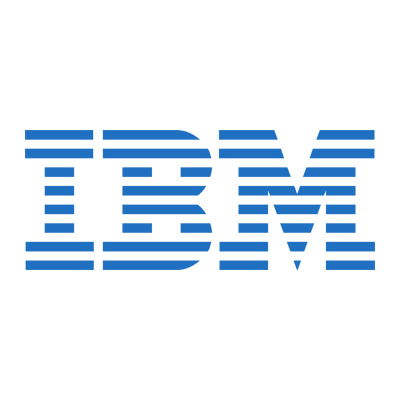
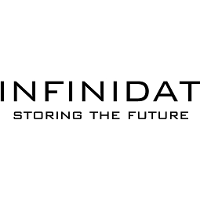

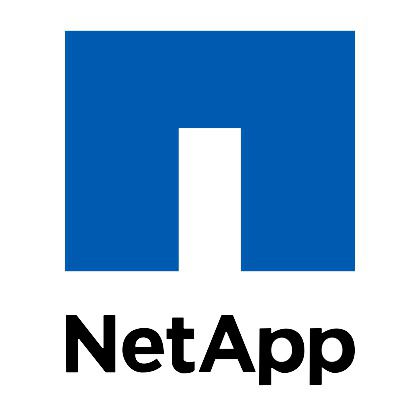
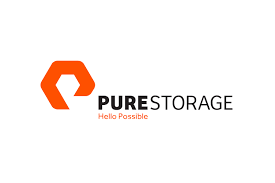



Comments